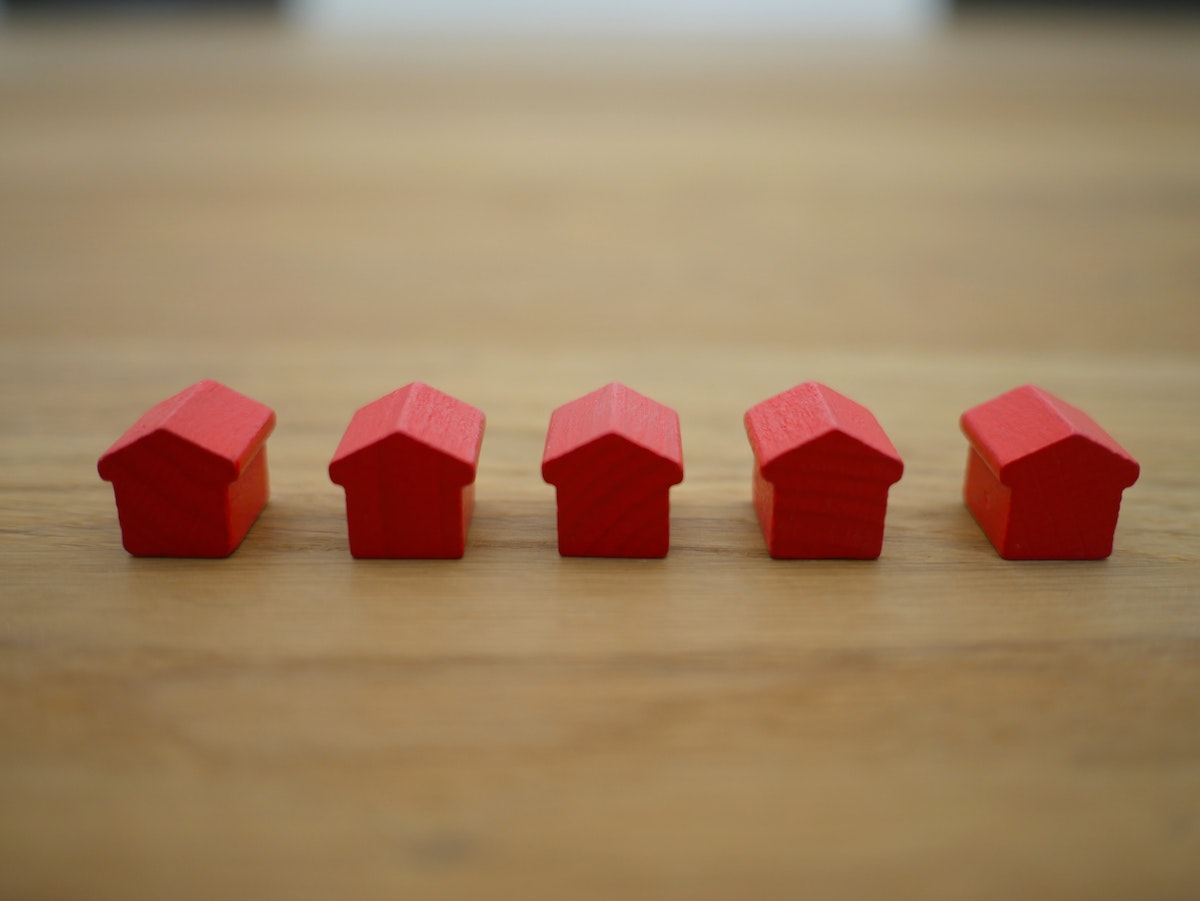Getting on the property ladder is a very common life goal. Despite this, not everyone really understands the role of a mortgage in purchasing a home. Taking on a mortgage is a big responsibility, and with it comes a range of advantages and disadvantages to consider.
If you’re thinking about purchasing a home with the help of a mortgage, make sure you have considered the following before taking the first steps. If you’re ready to start your journey to homeownership, working with Niche Mortgage Info can help you to access the best possible deals.
What is a mortgage?
Buying a home is a considerable investment, and most people don’t have this kind of money just lying around. This is where banks and building societies come in. A bank provides the capital upfront, under the agreement that you will pay back the loan, with interest, usually over a period of around 25-40 years.
Who can get a mortgage?
The decision to grant a borrower a mortgage is made by underwriters. They will assess the risk of lending to a person on a case-by-case basis. Each lender will have their own requirements to determine who is able to secure a mortgage. In general, lenders want to see that you have a steady and reliable income, good money management skills and no adverse credit history. That said, even those with trouble in the past can often find a lender willing to work with them.
Advantages of a mortgage
- A mortgage makes homeownership possible. Not many people have £200,000 just lying around, so unless you have a trust fund or rich relatives, a mortgage might be your only option for homeownership. Owning your own home gives you the power to make changes to a property and really make it your own. You can invest in the property, adding an extension or improving the interior and this can add value to the property.
- You can stop paying rent. One of the biggest perks of owning your own home is that you will no longer be trapped in a rental cycle. This means your monthly housing expenses will be going towards something that you own, rather than paying your landlord’s mortgage.
- A mortgage is a kind of investment. A mortgage is an investment, and a home is an asset. While your monthly mortgage payments might seem similar to rental payments, you’re actually directing your income towards a kind of investment fund. This can be a viable retirement investment, particularly if your home increases in value and you are then able to sell it and downsize to a smaller property. If you sell a property before you have paid the mortgage in full, you will only get back your portion of the equity.
Disadvantages of a mortgage
- You will pay back a lot more than you borrowed. This is a simple fact of mortgages. While you can shop around for a better deal and remortgage throughout the lifetime of your agreement, the simple fact is that you will pay back more than you borrowed. This is simply the price we agree to pay in order to be able to purchase a home. When choosing your mortgage product, make sure that you take into consideration all of the fees to make sure you’re getting a good deal.
- Your mortgage payments could change. If you choose a variable mortgage product, your payments could be less predictable than rental payments would be. People choose this type of mortgage as there is a chance they could see their payments decrease. But it is just as likely that their payments could increase. If you want some security that your payments won’t change, you should explore the option of a fixed mortgage. This will typically be fixed for a number of years, so you will have more certainty with your finances.
- You could end up with negative equity. If the value of your home drops dramatically, you could be in a situation where you owe more than the home is worth. This means that you will be unable to sell the home without still owing the lender more money. This is what happened across the United States during the 2008 financial crash. It resulted in some homeowners simply abandoning their homes rather than continuing to make payments.
- You need a healthy deposit. Mortgages that cover 100% of the value of the property are a thing of the past. This means that you’ll need to be able to save money for a deposit. Saving up a large sum of money might seem impossible, but there are ways to make this easier. Using a help to buy scheme can allow you to supplement your deposit with a loan from the Government. This means you could buy a home with a 25% deposit despite only saving 5% of the deposit.


